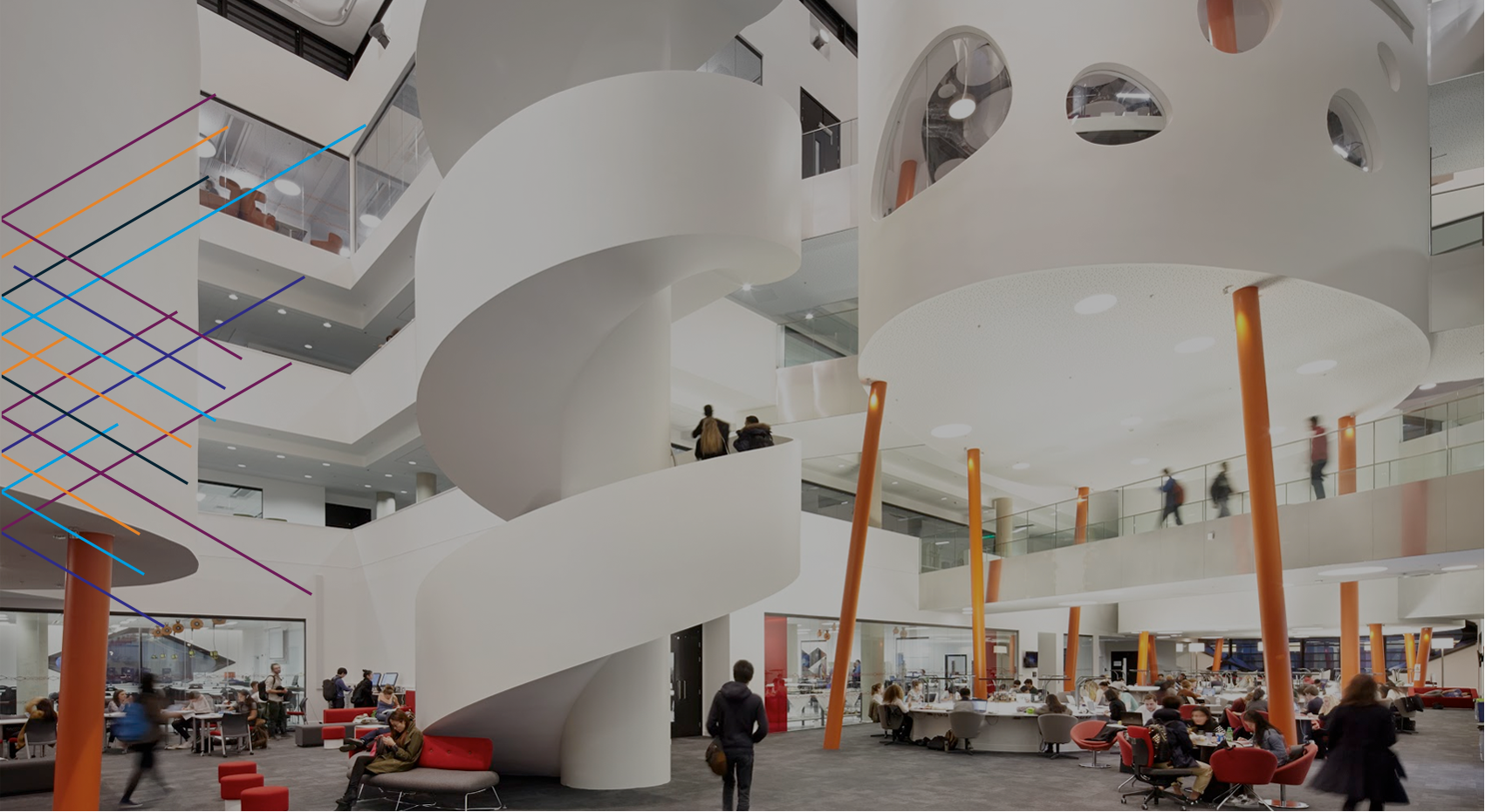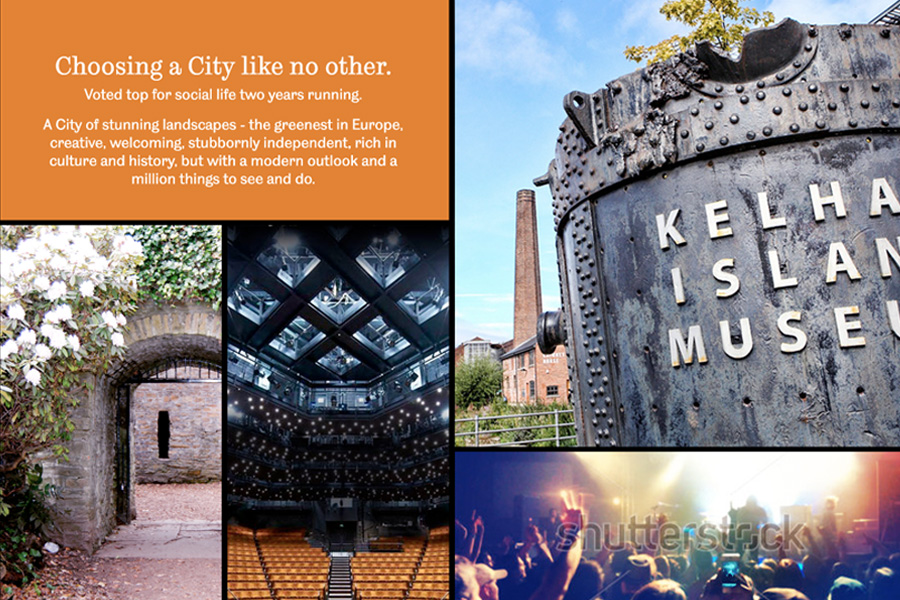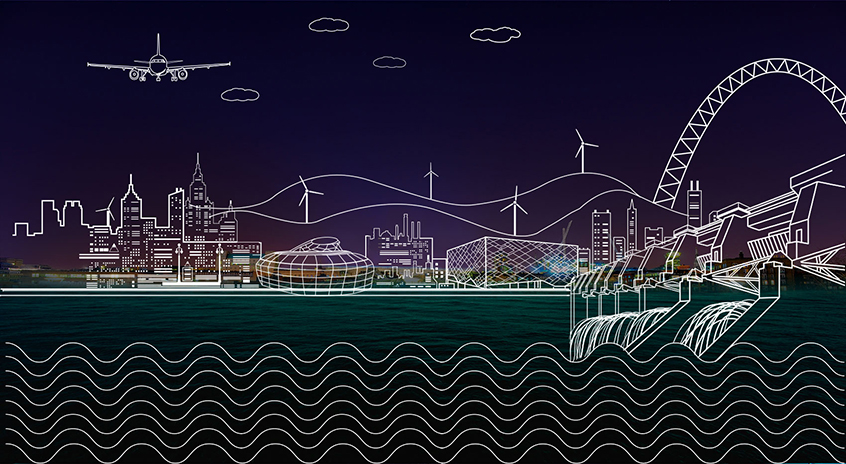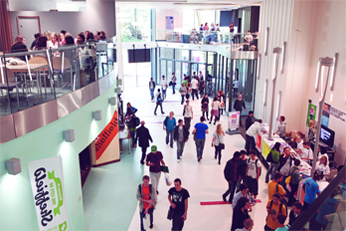What is Civil & Structural Engineering?
As a Civil Engineer you can literally change the world; developing bridges, tunnels, structures and sustainable buildings, providing water supplies, controlling pollution or responding to natural disasters.
Civil & Structural Engineering at Sheffield goes way beyond the traditional areas of the profession. Our teaching is based on the very latest world-leading research; we're in the top four in the UK for research excellence according to the Research Excellence Framework 2014.
You’ll be taught by experts in civil, structural, water and geotechnical engineering, whose research activities feed directly into their teaching.
Civil Engineering
Civil Engineering deals with design, construction, and maintenance of the world around us including roads, bridges, canals, dams, buildings, man-made and natural environments.
All our lives depend on the work of Civil Engineers from the clean water that comes out of your tap, to the buildings all around you. Civil Engineers improve our lives by supplying the energy that powers our lives, providing the sanitation solutions that keep us healthy and enabling us to travel on roads and rail networks.
Structural Engineering
Structural Engineering focuses on buildings, the materials used to create them and how they can be made safer and more sustainable.
Structural Engineers shape the world around us by designing and constructing multi-storey buildings, bridges, sports stadia, tunnels, transport systems, airports and schools. They understand how loads and stresses, gravity, vibrations, the external environment and ground conditions will affect structures, ensuring they are stable and safe. They also design to protect us from flooding, fires, explosions, earthquakes, avalanches and landslides.
Geotechnical Engineering
Geotechnical Engineering explores the behaviour of Earth’s materials and the safe and sensitive transformation of our natural environment to support the infrastructure that underpins modern society. It aims to improve the design and efficiency of fundamental geotechnical structures on the surface or within the ground, such as foundations, retaining walls, slopes, embankments, tunnels and offshore windfarms. By ensuring these structures are as well-designed and as safe as possible, a solid foundation is provided for all critical infrastructure.
Water Engineering
Water Engineering ensures our water supply is plentiful and suitably clean, provides effective drainage and sanitation systems, and helps to protect people from flooding. Our water distribution systems are vitally important and water engineers work to make them durable and resilient enough to withstand the conditions they have to cope with. The performance of existing buried pipe infrastructure has to be maximised and the quality and safety of drinking water has to be managed. Water engineers enable our urban water infrastructure to cope better with pressures caused by climate change, changing patterns of use and physical deterioration.
Architectural Engineering
Architectural Engineering aims to engineer high-quality buildings so they have a minimal impact on the environment. It covers all the engineering disciplines associated with buildings and their infrastructure, and designing buildings holistically, taking into account factors such as building physics, sustainability, heat transfer, and airflow. By incorporating mechanical engineering and an appreciation of architecture, architectural engineers can communicate effectively with everyone involved in the design and construction process of structures, and make decisions that will have sustainability implications.











